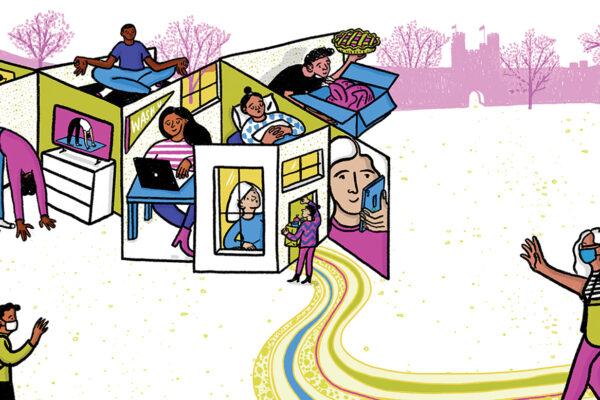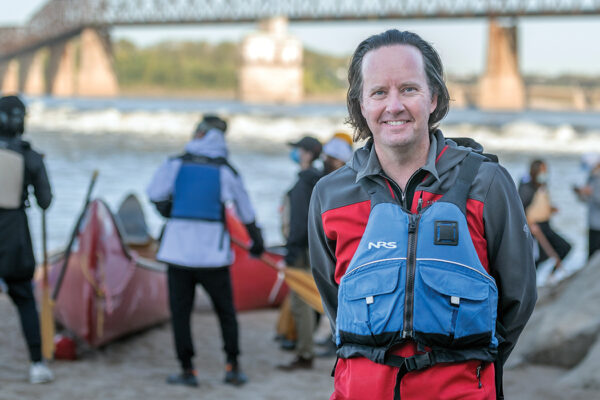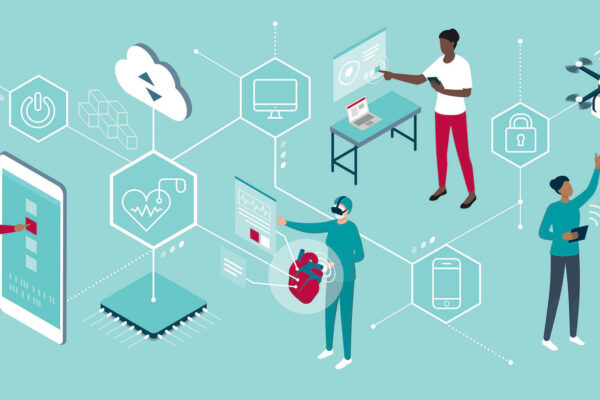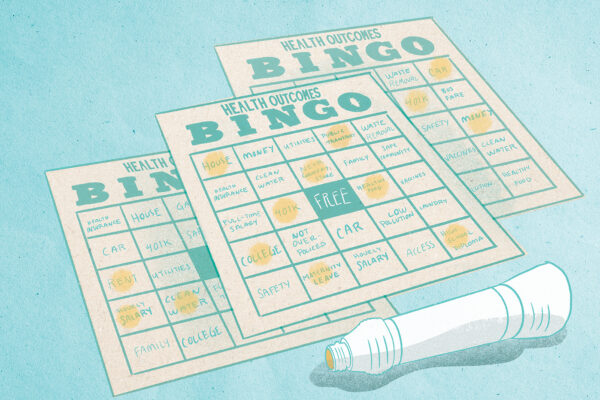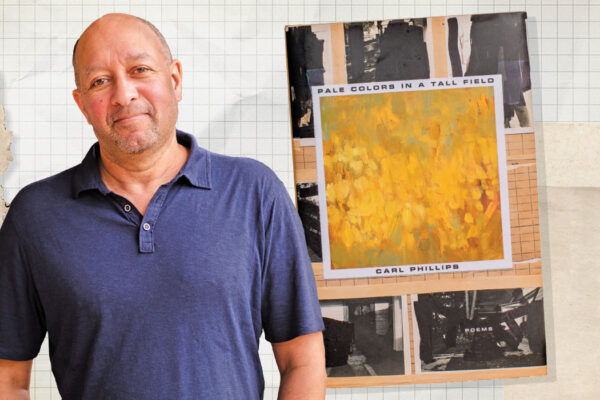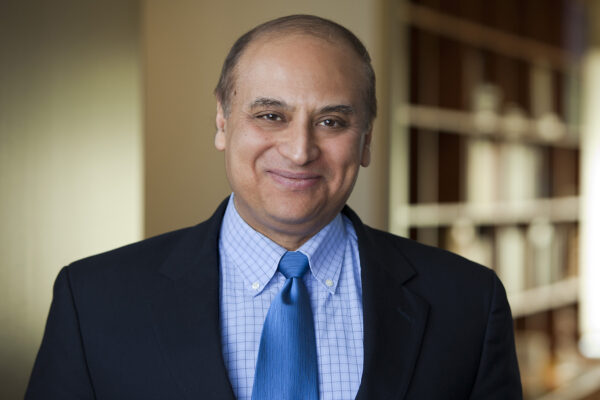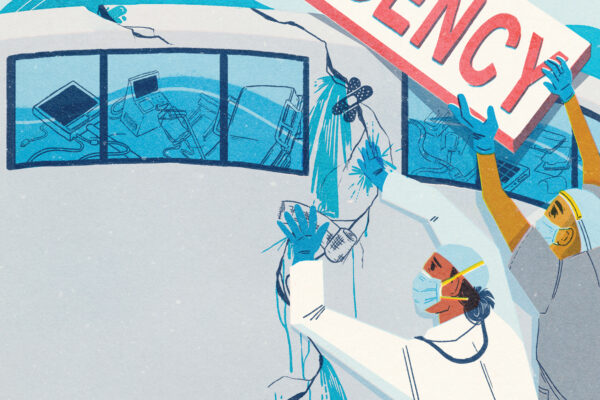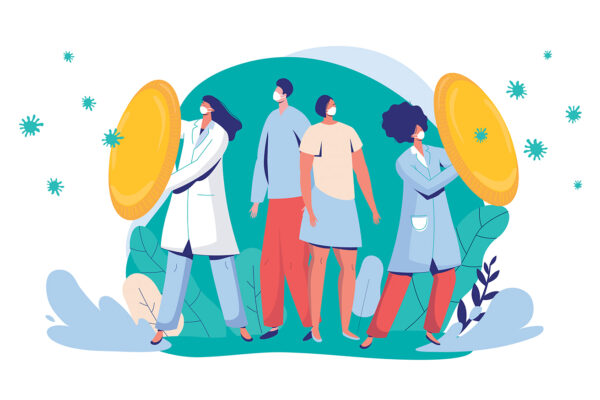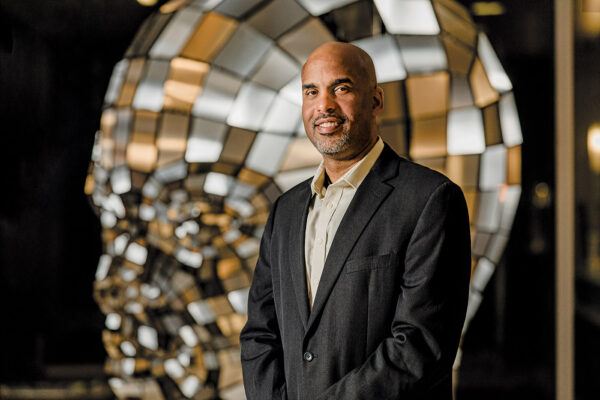Finding our way
The university develops a new “curriculum” to help members of our community cope during the pandemic.
Watershed moments
The effects of climate change cannot be handled piecemeal, argues Derek Hoeferlin. Managing 21st-century waterways will require coordination on a continental scale — and a foundational understanding of how water shapes our environment.
Keeping hackers at bay
As we become more reliant on technology that interacts with the physical world — self-driving cars, delivery drones, medical equipment — we need researchers like Ning Zhang to help keep us a step ahead of the hackers.
New course explores the unseen side of health
In her course “Sick Society,” Hedwig Lee, professor of sociology, shows that lifestyle and genes aren’t the only things impacting health.
Risk as evolution: New poetry from Carl Phillips
In his latest book of poetry, Pale Colors in a Tall Field, Carl Phillips returns to some of his most enduring themes, love, vulnerability, doubt, regret and desire.
How can businesses benefit from having a higher purpose?
After a friend started a church in Australia, Professor Thakor wondered: what impact can a higher purpose have on your business?
Public health after COVID-19
The COVID-19 crisis could reshape public health for the better.
Communicating about COVID-19
Matthew Kreuter, the Kahn Family Professor of Public Health at the Brown School, is trying to make sure everyone understands the COVID-19 vaccine.
Vaccination clinic volunteers needed
With COVID-19 vaccination appointments now available through Washington University in St. Louis for all students, faculty, staff and their family members ages 18 and over, the university needs volunteers to help staff the vaccination clinic on the Medical Campus.
Changing how we see the brain
By studying our brain’s connectome, behavioral neuroscientist Damien Fair is drawing a new map of autism.
View More Stories
